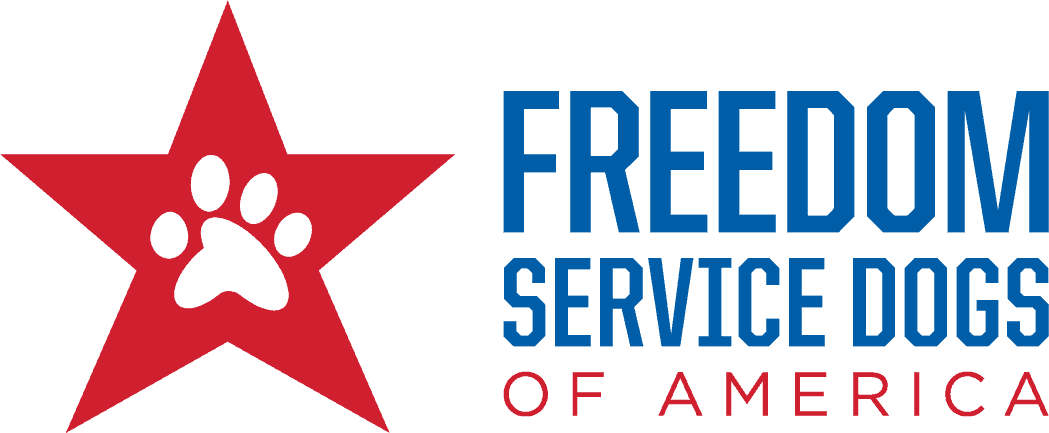At Freedom Service Dogs, we pride ourselves on providing outstanding customer service. However, if you feel we have not provided this level of service to you, we want to hear from you. Our policy provides the opportunity for applicants, waitlist clients, and active clients to have the opportunity to present their complaints and to appeal management decisions through a dispute-resolution procedure. FSD will promptly resolve all disputes that are within this policy.
To file a complaint or dispute, please document the issue and work directly with the Associate Director of Client Services to resolve the issue. If the complaint or dispute is with the Associate Director of Client Services, the complainant should work directly with the President & CEO. If the complaint or dispute is with the President & CEO, the complainant should work directly with the FSD Board Chair. The person in charge will investigate the complaint, attempt to resolve it, and give a decision to the complainant within a reasonable time including a written and dated summary of the dispute and proposed resolution. If the complainant and person in charge are unable to resolve the issue or if the complainant is dissatisfied with the decision, the complainant may proceed to the next higher level of management. If the complainant is not satisfied with the final FSD decision, the complainant may go to Assistance Dogs International (ADI) and complete its complaint form.
